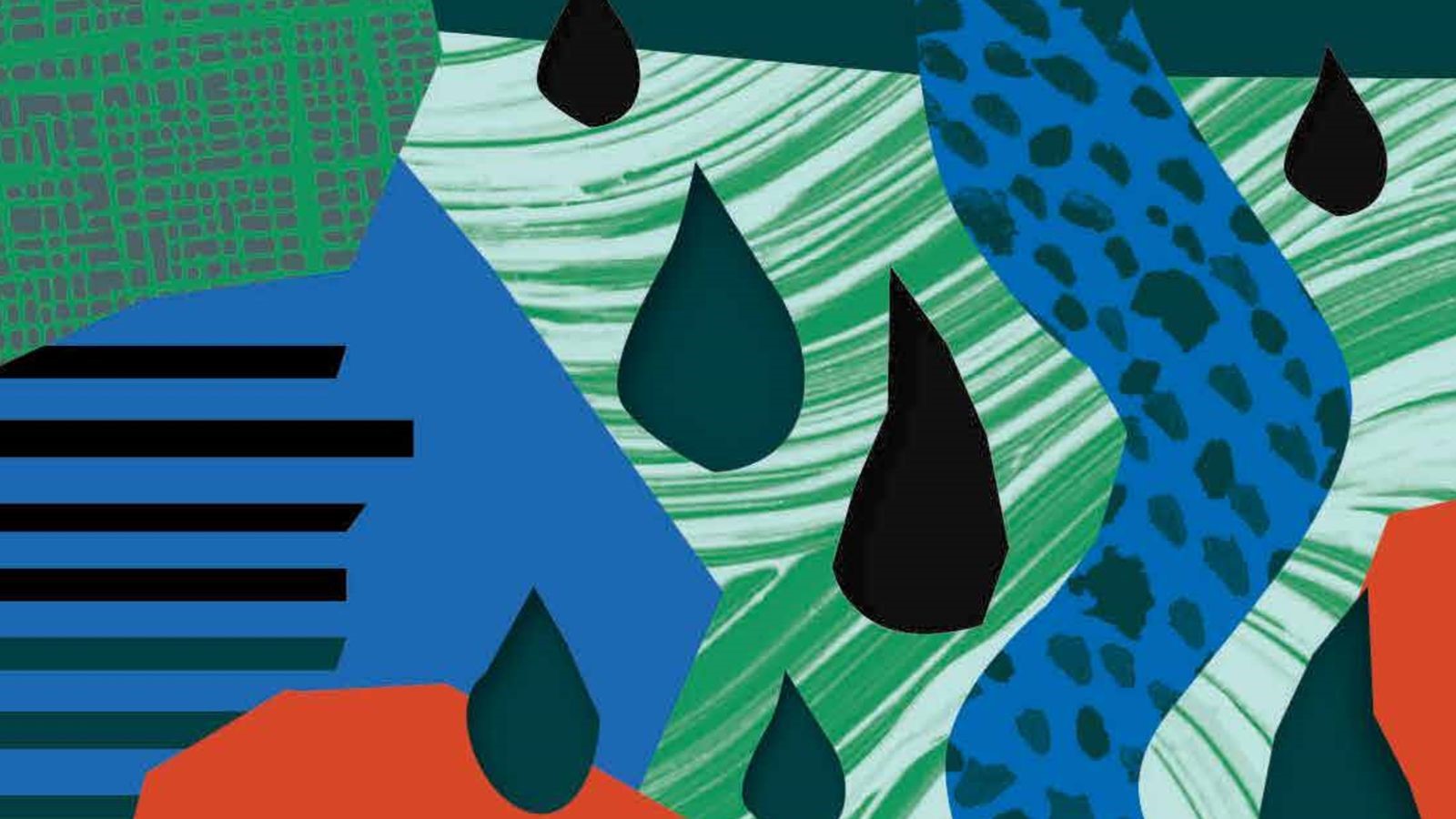How often do you use the phrase ‘I am wondering’ in your interactions with clients? I think as practitioners we tend to use it quite a lot. It is very useful in setting a tentative tone in what we want to share with or ask a client, which they hopefully interpret as an indication of our respectful openness to engage in genuine dialogue.
It also communicates a willingness on our part to have what we offer qualified or modified by them. This process of mutual wondering often leads to fruitful insight, although occasionally it can end in hapless wandering! With the addition of a raised eyebrow, the benign speculative nature of ‘I am wondering’ can shift quickly into doubtful suspicion.
In my life at present, I am left wondering about a lot of things. The transience of life, the inevitability of death, Brexit uncertainty, borders and backstops, climate change, melting glaciers, migrants on the ‘Open Arms’ ship jumping overboard, BACP SCoPEd debate; the list goes on… all of these issues provoke varying degrees of strong emotion, needing to be channelled into constructive engagement and response.
I found inspiration in this task in the work of the environmental writer Rachel Carson, who spent her life encouraging people to rediscover the clear-eyed vision of their childlike sense of wonder: ‘If I had influence with the good fairy who is supposed to preside over the christening of all children, I should ask that her gift to each child in the world be a sense of wonder so indestructible that it would last throughout life, as an unfailing antidote against the boredom and disenchantment of later years, the sterile preoccupation with things that are artificial, the alienation from the sources of our strength.’1
Life’s wounding can sever us from our sense of wonder and alienate us from our sources of strength. Hope dims, disenchantment sets in, expressed poignantly in the lament of the Hebrew psalmist: ‘Why are you cast down O my Soul, why so disquieted within me?’2 When we encounter clients in such states in our practice, we need all the sources of support we can access to help in the task of recovery. One such resource (often underestimated) may be found in the realm of faith and spirituality.
You may have seen BBC’s new documentary series, Sacred Wonders,3 which sets out to uncover the power and inspiration that sacred wonders offer to worshippers from different faiths across the globe. In episode 3, we encounter a young Yazidi woman traumatised as a sex slave by Isis, who escaped to Germany, where she received support including therapy. However, she believes that only a visit to the sacred site of Lalish will enable her to recover and find peace. On arrival, she weeps in the arms of her grandparents, whom she has not seen for four years. In a moving ceremony, facilitated by the women of the village, she participates in a powerful process of re-integration into the heart of the community. She returns infused with hope and a deep peace.3
As therapists engaging with clients for whom sacred wonders are integral to their faith and identity, we need to cultivate what Alastair McIntosh, a visiting professor of human ecology at the University of Strathclyde, a Quaker and an activist, calls ‘psychospiritual literacy’ and an understanding of cultural psychotherapy in action. Approaching therapy in this way, we can enable the client in a process of re-membering that which has been dismembered, re-visioning alternative ways in which things can be, and re-claiming what is necessary to bring that vision to fruition.4
Looking ahead
We hope to see many of you at our annual conference on 20 November in Leicester, where we will hear from five excellent speakers on the theme of Working with Soul across the Lifespan. Thanks to Keith Hackwood, Kathy Kinmond and the BACP Events team for the considerable work put in to prepare an excellent programme. On the networking front, Hilda McKinney, our Northern Ireland-based Executive member, attended the Glasgow Making Connections event in early July. Twelve people expressed interest in setting up a local BACP Spirituality network group and Hilda will be following this up. Kath Lock attended the Making Connections event in Llandudno and was delighted to see so much interest in spirituality and counselling. Dr Jane Hunt attended the BACP Spirituality Oxford network meeting recently to discuss the possibility of setting up a spirituality research forum – more about this in the next issue.
Maureen Slattery-Marsh is Chair of BACP Spirituality
References
1. Carson R. A sense of wonder. New York: Harper Collins; 1998.
2. The Bible. Psalm 43:5, New Revised Standard Version. Nashville: Holman; 1962.
3. Sacred wonders [television programme]. Russell Leven (dir). BBC2, 2019; 21 August.
4. McIntosh A. Towards a cultural psychotherapy, in hell and high water. Edinburgh: Berlinn; 2011.
